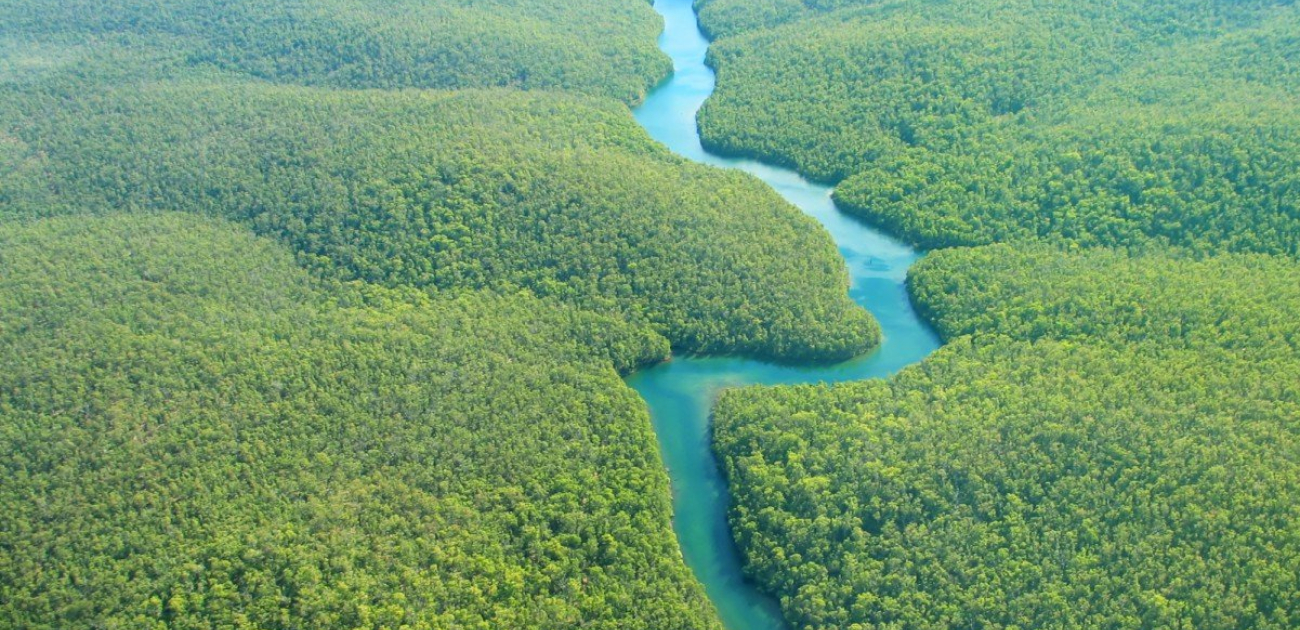Brazil, the Amazonia, Football and the Market
The brigade friend and tour guide in Alter do Chão, Daniel Govino, stated, in an informal conversation, that the problem with deforestation was not the agro, but the ogre. The phrase disturbed me at first, but then it opened up with some clairvoyance.
When it already seemed to solidify in my thoughts, Daniel uttered, in the same conversation, another sentence, attributed to Caetano Scannavino, coordinator of the Saúde Alegria Project, an activist based in the area, which had more or less the following construction: we need to nationalize the Amazon and amazon the world.
The conjunction of the two seemed to make even more sense, despite any idiosyncrasies they might arouse.
(Still) I am not a scholar of the environmental theme; just an assiduous reader of journalistic articles and occasional books. Still, I thought I should bring the theme to this column.
Brazil is prodigal in delivering, without compensation, its riches. More than that, in fact: in allowing or stimulating processes of depletion of elements that could contribute to its affirmation as a hegemonic country.
Deliverance comes from its origins, although, before, it was based more on naivety or colonial dependence, than on destructive patrimonial conviction and individualistic greed, marks of contemporary society - and which guide internal conduct in relation to essential situations like the environment and football.
Before being a world heritage, the Amazon (or part of it) belongs to Brazil.
The problem is that, for the feeling of belonging to be effective, Brazilians must know it, recognize it as theirs, appropriate it (figuratively and physically) and engage with its sustainable occupation and use - which presuppose the preservation, the development of local communities and the exercise of responsible and engaged business activities.
Perhaps this is the purpose of the idea of nationalization, imagined by the author of that sentence. And perhaps it reveals an intrinsic content that is difficult (but necessary) to face: the success of this process depends on the signing of a broad pact around the environmental issue, which should include the State, governments, businessmen, communities, non-governmental entities and tourists.
The preservation and sustainable development of the Amazon would make it possible, then, to reach a greater objective, consisting of a kind of planetary pollination based on affirmation and leadership in a movement that guides the multilateral and international agenda.
Without exaggeration, the situation and the relationship with football can be seen from the same angle.
It is not, it is true, an autochthonous activity; however, it was from the Brazilian sports intervention - and from Brazilians - that it spread to practically all existing countries. It's worth remembering that, in addition to the fact that FIFA has more members than the UN, the Brazilian citizen, wherever he goes, is usually greeted with a friendly reminder of the importance (or reverence) he pays to Pelé, Ronaldo, Ronaldinho, Kaka, Neymar and other idols.
Instead of valuing this wealth, Brazil exploited it – and still exploits it – to the limit of exhaustion, allowing the enrichment of small and unrepresentative interest groups and, at the same time, the external appropriation of their wealth.
No wonder that one lives with (i) the billionaire indebtedness of Brazilian clubs, financed (the indebtedness) by public resources, (ii) the intensification of an export industry of labor and (iii) the still meager participation of the football industry in the national GDP.
A saving solution is announced with the approval, by the National Congress, of the Rodrigo Pacheco Law (PL 5.516/19), which creates the football limited company (SAF) and the new football market.
Even before the presidential sanction - which is expected for the next few hours or the next few days -, the press already reports the interest of some of the largest and most active financial groups in the development of football projects.
The future law will be able, thus, to make possible the liberation and the development of an activity that, more than any other in the human plane, lends itself to affirm Brazilian culture and influence.
For these reasons, society must be attentive and demand actions from the market that are consistent with the grandiose purpose of the law, which was not designed for one or another agent to benefit and enrich even more.
Financial gains are legitimate and beneficial for building a sustainable and thriving system. More than that: they must occur, so that wealth is distributed among the direct and indirect participants of the system, and with society in general. With them, in fact, the system itself will feed and feed itself, spreading its virtues to all corners and between teams of different dimensions - to the delight of fans and the people.
The motto of the market that will be formed must therefore be composed of the triad of responsibility, sustainability and profitability. It is from initiatives that are based on this perspective that football will fulfill its economic and social functions. It is also based on it that the State must guide its public policies, from now on.
Do you want more information?
 Rodrigo Monteiro de Castro
Rodrigo Monteiro de CastroRodrigo Monteiro de Castro is specialized in corporate and business laws, corporate transactions (M&A), capital markets and contracts.
